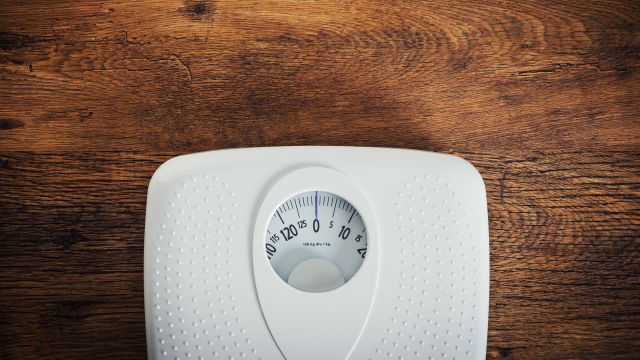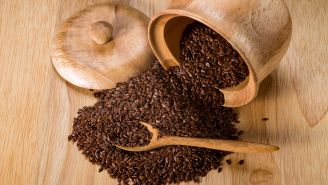Updated on February 1, 2021.
Year after year, polls put weight loss among Americans’ top aspirations. It’s a worthwhile goal, but not if you opt for a crash diet—a sudden, drastic reduction of daily calories. Studies have shown crash diets can lead to fast weight loss, but also fast weight gain once the diet is over, which may also lead to yo-yo dieting. This yo-yo of loss and gain is not only ineffective, it could be dangerous to your overall health—and possibly contribute to heart disease.
In November 2016, a team led by Somwail Rasla, MD, of Memorial Hospital of Rhode Island presented research to the American Heart Association that followed nearly 160,000 women past childbearing age for a period of just over 11 years.
If a woman began the study at a normal weight and repeatedly lost and gained weight over the 11-year time period, she was three and a half times more likely to die of a sudden heart attack. She was also 66 percent more likely to die of heart disease. A regime of 500 to 1,000 calories a day—in other words, a crash diet—led to shifts in body fluids that threw off the balance of potassium, calcium and magnesium. This imbalance, researchers concluded, could be behind sudden cardiac death in susceptible middle-aged women. On the other hand, if a woman simply gained weight, she wasn’t more likely to die of heart disease.
The appeal of crash diets is simple to understand. They make it easy to quickly lose 10 to 20 pounds, and you get a little honeymoon when you celebrate that achievement. But these diets hurt you in three ways:
1. You lose muscle
Your body normally uses fat for energy. When you cut your calories or carbohydrates too low, your body is forced to break down muscle, as well. The lower number on the scale reflects a loss of muscle as well as fat. If you regain, you’ll get back the fat but not the muscle.
2. Your metabolism slows down
When we cycle through yo-yo diets, most of us eventually lean back on our old habits and the pounds creep on. According to a 2009 study by a Texas team published in the International Journal of Exercise Science, the ratio of fat and muscle not only tips towards more fat, but we also experience more overall inflammation and a less desirable cholesterol profile.
Because you have less muscle, which uses more energy than fat, your metabolism begins to slow down. Another 2009 study published in PLoS One by researchers at Pennington Biomedical Research Center in Baton Rouge found that your body reacts as if you were living through a period of famine. You naturally become less active, which makes sense for survival in wartime or a drought. But in modern life, it means that you’re less healthy. It also means that it will be harder to lose weight the next time, which is an all-too-familiar experience for people struggling with a lifetime of yo-yo dieting.
3. You feel stressed
A team of psychologists reported in the May 2010 issue of Psychosomatic Medical Journal that the wear and tear on your body from yo-yo dieting triggers a rise in cortisol, a hormone associated with stress and anxiety. In the long run, this anxiety will hurt your goal of a stable, healthy weight.
Change your life instead
Getting off the yo-yo dieting roller coaster doesn’t mean you’re doomed to an unhealthy weight. The key is deciding that you’re going to live a healthy life. In validated research, Dr. Dean Ornish and his team have established that a low-fat, whole food, plant-based diet, along with regular exercise, stress management and social support, is a successful strategy for sustainable weight loss.
The average patient in the 12-week Ornish Lifestyle Medicine program loses 14 pounds over that period and reports being 20 pounds thinner after a year. At the same time, patients protect themselves against heart disease, early stage prostate cancer and diabetes. Ornish Lifestyle Medicine also promotes longevity by increasing the length of your telomeres, which are the ends of chromosomes that control cell aging.
Looking for other ways to live more healthily? Reverse heart disease and diabetes, lose weight and reduce your risk of cancer with these tips from Dean Ornish.
Originally published on Ornish Living.






